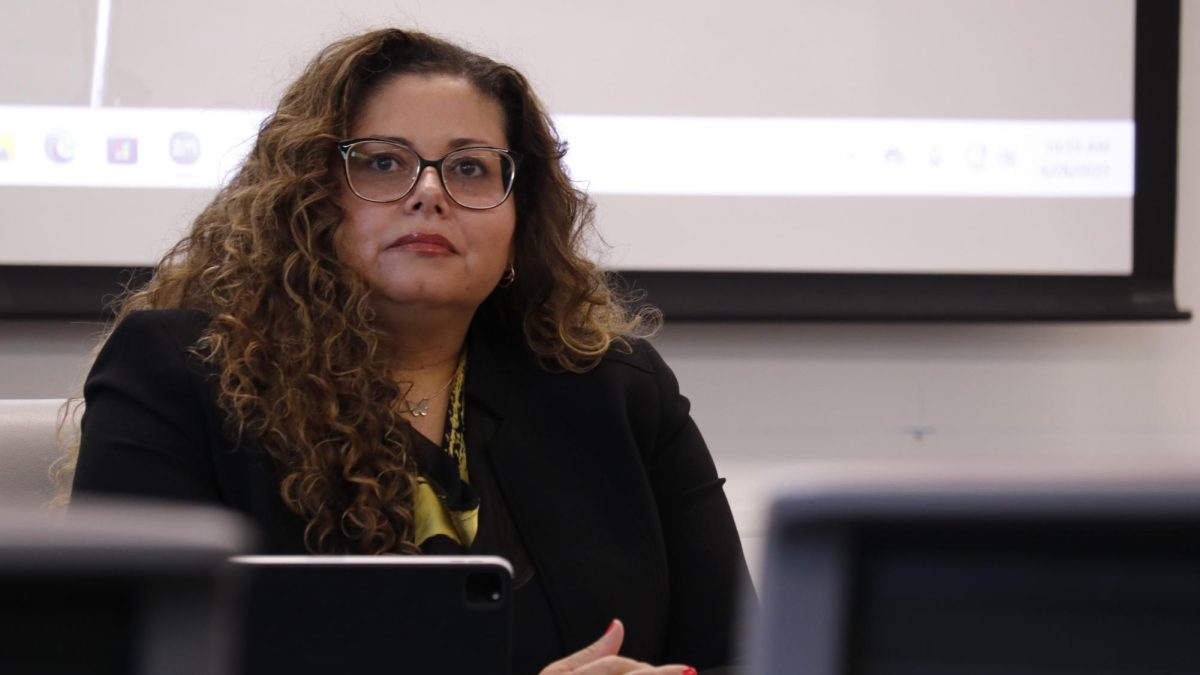Associated Students has proposed an initiative to include meatless food options at all restaurants across campus in an effort to reduce the environmental effects of animal-based food processing and expands options for students who are vegetarian or vegan.
“Feeding and housing livestock has a drastic effect on the environment,” said Senator Rachel Bonilla, who wrote the proposal. “We want students to know that they can make a positive impact.”
The proposal is called “Meatless Mondays,” and if passed would take place once per week through the rest of the semester. The initiative only urges restaurants to provide at least one meatless meal choice on their menus; they are not required to comply with the request.
Senator Christopher Haklar, who is collaborating with The University Corporation to implement the proposal, says that Meatless Mondays only intends to add more meatless meal choices to the menus, not restrict any options offered.
“A lot of the students on campus don’t identify as vegetarian or vegan, so understandably there has been some negative feedback from people that believe the Meatless Monday initiative to be getting rid of all meat options once a week,” said Haklar. “After they find out a bit more about how the program is intended to actually work, most become advocates for it!”
The University Corporation, the department that manages dining on campus, received the proposal on Feb. 21 and reviewed it on March 12. They still need to develop promotional strategies with the student government, coordinate with the restaurants on campus and create the marketing materials before it is implemented.
“In a perfect world, it would be fantastic to have it implemented in April,” said Susan Dickman, the program and marketing manager of TUC. “There is always a real focus on sustainability on campus, but April is the flagship month for launching these types of programs.”
The senators who proposed Meatless Mondays are up for re-election and are concerned if it will take effect before the end of the semester. If it is not implemented and they are not re-elected, new senators would have to create a new proposal and try to push it through during the fall term.
“These legislative referrals die after each semester,” said Bonilla. “If no one remembers or brings it back up, this may be the only semester we see it.”




